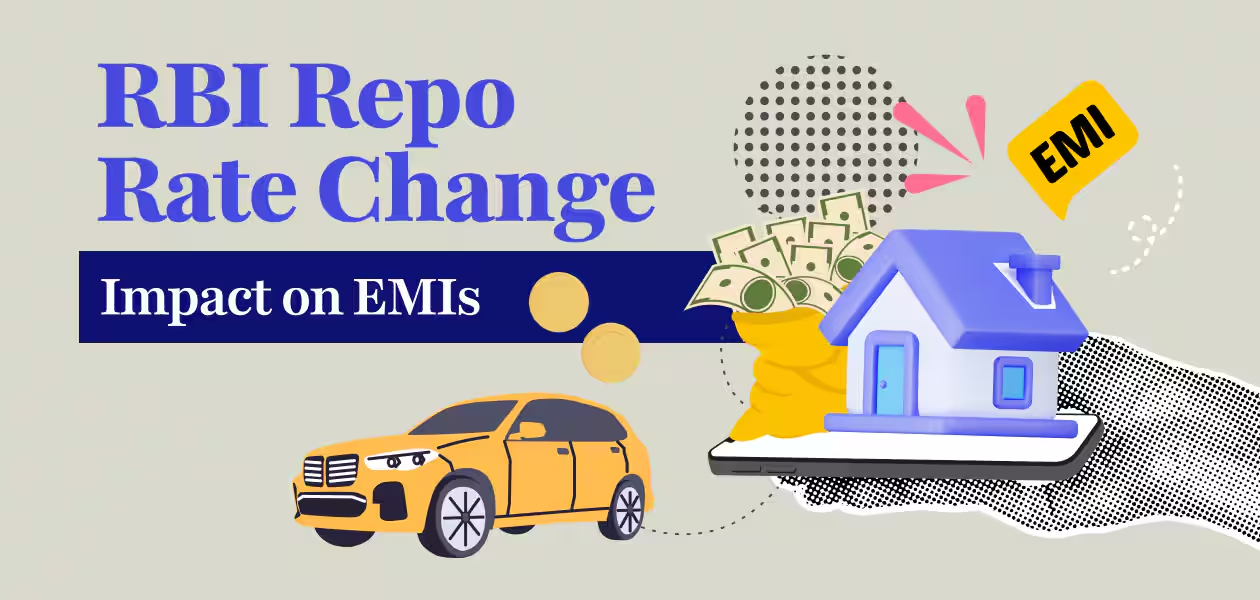Introduction
The Reserve Bank of India (RBI) plays a crucial role in shaping the country’s monetary policy, and one of its key tools is the repo rate. When the RBI cuts the repo rate, it has a direct impact on home loans, making borrowing cheaper for consumers. This article explores how an RBI repo rate cut affects home loans, its benefits for borrowers, and what to expect in the housing market.
What is the Repo Rate?
The repo rate is the rate at which commercial banks borrow money from the RBI. When the central bank reduces this rate, banks can obtain funds at a lower cost, which in turn influences lending rates for consumers, including home loan interest rates.
How an RBI Repo Rate Cut Affects Home Loans
- Lower Interest Rates: Banks generally pass on the benefits of a repo rate cut to borrowers by reducing home loan interest rates.
- Reduced EMI Burden: A lower interest rate means lower Equated Monthly Installments (EMIs), making home loans more affordable.
- Increased Loan Eligibility: With lower EMIs, borrowers’ affordability improves, enabling them to take larger loan amounts.
- Boost to the Housing Market: Lower interest rates encourage more home purchases, boosting the real estate sector.
- Impact on Existing Borrowers: Those with floating-rate loans see a reduction in their interest payments, while fixed-rate borrowers do not immediately benefit.
How Much Can Borrowers Save?
A reduction in the repo rate can lead to substantial savings over the loan tenure. For instance:
- A 1% reduction in interest rate on a ₹50 lakh home loan for 20 years can reduce the EMI by around ₹3,000, saving over ₹7 lakh in interest payments over the loan period.
Factors That Determine the Impact on Home Loans
- Transmission of Rate Cut by Banks: Not all banks pass on the entire repo rate cut to borrowers.
- Type of Loan: Floating-rate home loans benefit directly, while fixed-rate loans remain unchanged unless refinanced.
- Loan Tenure: Longer tenure loans see a more significant impact from rate cuts.
- Market Conditions: Banks consider liquidity, inflation, and credit demand before adjusting their lending rates.
Should You Take a Home Loan After a Repo Rate Cut?
- If You Are Planning to Buy a Home: Lower rates make home loans attractive, making it a good time to purchase property.
- If You Have an Existing Floating-Rate Loan: Your EMIs will reduce automatically, or you can opt for a shorter tenure.
- If You Have a Fixed-Rate Loan: Consider refinancing to a lower rate to benefit from the cut.
Conclusion
An RBI repo rate cut is a boon for home loan borrowers, making housing more affordable and boosting economic activity. While the reduction in interest rates provides financial relief, borrowers should carefully assess their financial situation and consult their banks to maximize benefits.
